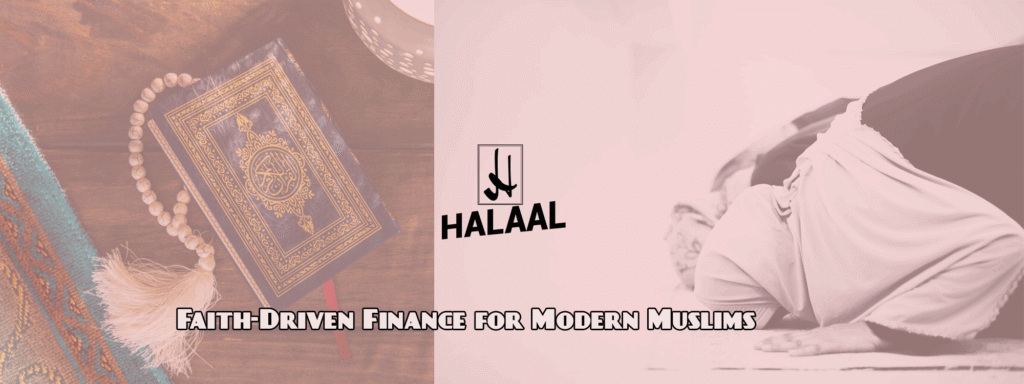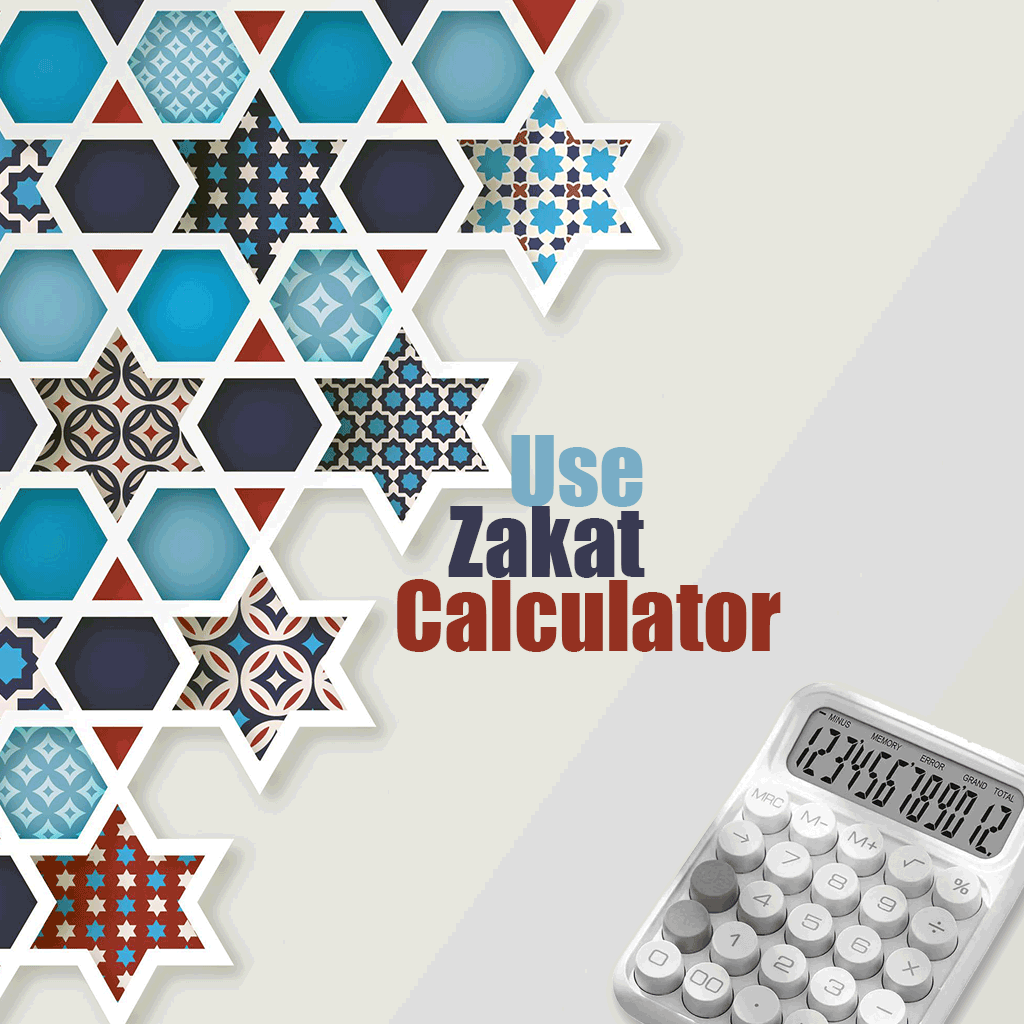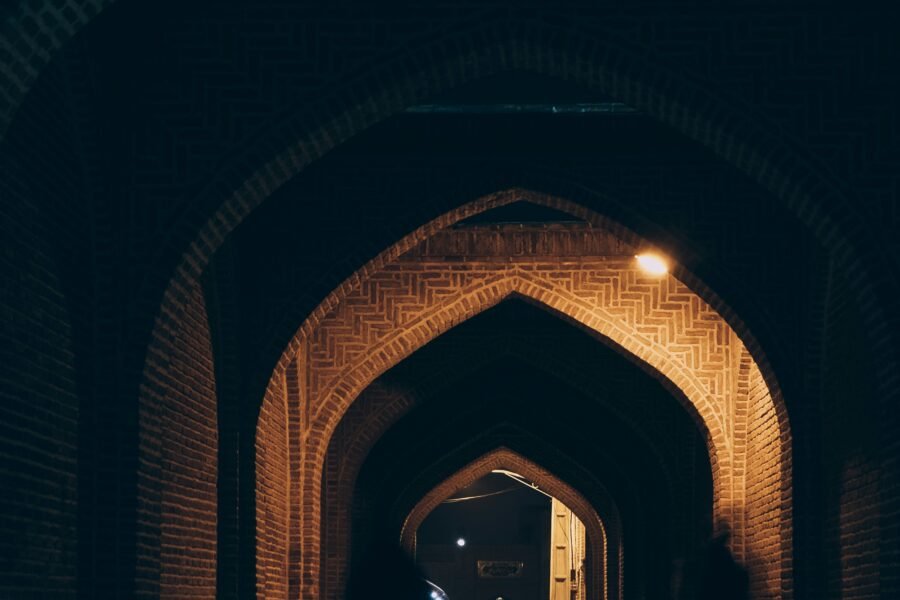Life is uncertain, but death is guaranteed. As Muslims, we are taught to prepare not just for this world but for the next. Writing a will is one of the most important acts a Muslim can do — yet many delay it until it is too late.
In Islam, making a will is not a luxury or an afterthought. It is a religious duty. The Prophet Muhammad, peace be upon him, said that a Muslim should not let two nights pass without having their will written if they have something to bequeath.
Despite this clear guidance, many Muslims in the UK do not have a will. Some are unsure where to begin. Others do not understand how to balance Islamic rules with UK law. Some worry about getting it wrong.
This page is your gateway to understanding Islamic wills. Whether you want to protect your family, leave behind ongoing charity, or simply make sure your wealth is distributed fairly, we are here to guide you every step of the way.
It is the duty of a Muslim who has anything to bequeath not to let two nights pass without writing a will about it.
Sahih al-Bukhari, Hadith 2738
This hadith shows the urgency of this task. Writing a will is not just a legal formality. It is part of preparing for the next life with sincerity and foresight.
Why every Muslim needs a will
Writing a will is about more than dividing up your money. It is an act of faith. It is a way to leave this world with peace of mind, knowing that your final instructions reflect your values.
A will allows you to:
- Make sure your estate is distributed according to Islamic inheritance rules
- Appoint guardians for your minor children
- Set aside a portion of your wealth for charity or sadaqah jariyah
- Reduce conflict and confusion among loved ones
- Prevent the government from deciding who gets what
Without a valid will, UK law takes over. This may go against Islamic principles and cause stress and injustice for your family.

How an Islamic will works
An Islamic will outlines what should happen to your wealth, property and responsibilities after death. It typically includes:
- A statement of faith
- Instructions for funeral and burial
- Distribution of your estate according to shariah
- The one-third rule (up to one third of your estate can be left to non-heirs, including charities)
- Appointment of executors and guardians
- Debts and unpaid religious duties such as missed zakat or fasting
Islamic wills follow clear rules on who inherits and how much. These shares are defined in the Quran and are not flexible. You cannot choose to give everything to one child or exclude a spouse or sibling unless shariah permits it.
To understand more, see our guide on What is an Islamic Will?
What happens if you die without a will?
In the UK, if you die without a valid will, the law decides how your estate is shared. This is called dying intestate.
The legal process does not follow Islamic rules. Your wealth might go to people who would not inherit under shariah, while others might get less than their rightful share. There may also be delays, costs and disputes among family members.
For Muslims, this is a serious concern. That is why writing a will is not just practical. It is a religious obligation that protects your family and fulfils your duty to Allah.
When should you write a will?
The answer is now. You do not need to wait until you are old, sick or rich. As soon as you have wealth, children, or any responsibilities, you should put a will in place.
It is also a good idea to review your will every few years or after big life changes like marriage, divorce, birth of a child, or buying a home.
You can start the process today with our guide to Write Your Will.



Islamic Will – FAQ’s
Yes. You can update your will at any time. It is recommended to review it regularly, especially after major life events.
Yes. You can give up to one third of your estate to non-heirs, including Islamic charities or causes you believe in. This is a way to leave behind ongoing rewards, known as sadaqah jariyah.
You can start the process on your own, but it is best to have it reviewed by someone who understands both Islamic rules and UK law. Mistakes can make a will invalid or cause family disputes.
Yes. Even if your estate is small, a will helps guide your loved ones, clarify funeral wishes and fulfil religious obligations like debts or unpaid zakat.
An Islamic will follows specific inheritance shares laid out in the Quran and hadith. A UK will can be customised freely. A proper Islamic will meets both religious and legal requirements.








Sign up